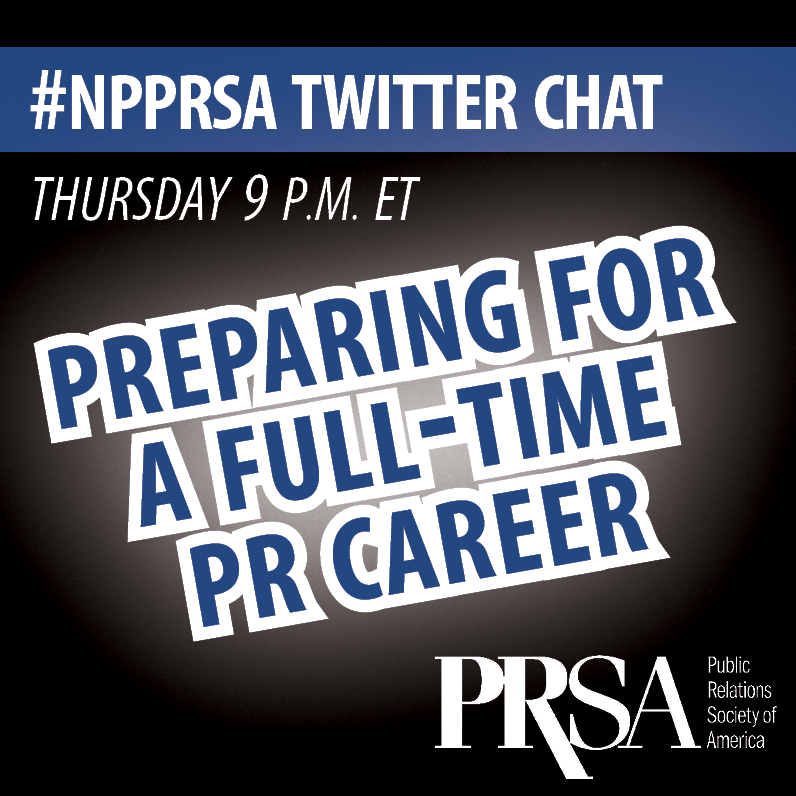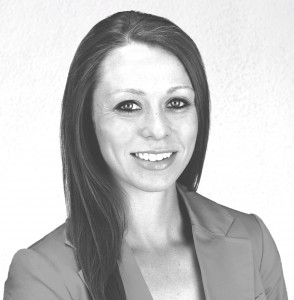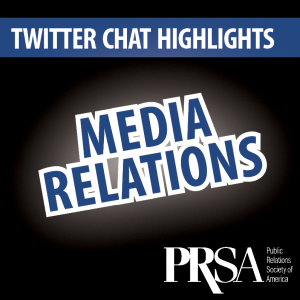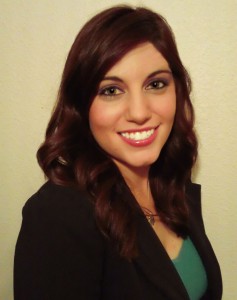When I sit and think about what I wish I knew before going into healthcare PR, so many different things come to mind. I have to say these past few years have brought me the most life learning opportunities as well as business learning opportunities and I often catch myself saying, “if only I had already known this…” I work in the healthcare field and with this comes unique opportunities (aka challenges) like 24 hour coverage, employees that work three days a week, the “administrative side” and passion for compassion.
Takeaways from working in healthcare PR, that can apply to all areas of PR:
1. Wording is everything
Above, I referred to challenges as opportunities. This makes the daunting task of having a challenge not seem so challenging. Looking at challenges as opportunities leaves room to think about all of the learning that can occur.
2. Data is (almost) Everything
While content is extremely important in PR, don’t underestimate the power of data, especially in today’s world. There are many ways to measure what we do as PR professionals and various tools out there. I remember taking my PR research class in college and letting my team members, who were better in Excel than I was, take the reigns when it came to the data, now I wish I had really taken the time to learn more about it. You impress leaders when you can show them, with data, what you have been able to impact. In today’s ever changing world of healthcare reimbursement, showing your worth is important and executive leaders love data.
3. Excel is my friend
Going off of number 2, comes my number 3, Excel is my friend. I often have to tell myself this. I found Excel is good for making simple graphs to show data I need it to show, but is also an amazing tool for organizing everything from events to campaigns to checklists.
4. Don’t Underestimate “Old School” Paper Print Outs
The majority of the employees I communicate with are on shift work, some only work three days a week (imagine what your inbox would look like if you only checked it three days a week). As PR professionals, we love our email, social media and any way to connect via the web, but when we break it down to healthcare and how to reach employees, they want something more tangible. Unique to healthcare is the passion for compassion and one thing that drives this is integrating our technology with real-person interaction and tangible things to hold. Bathrooms and break rooms are a great place to put your paper print outs.
5. Have a title that reflects what you do
For the past three years I have been titled as a Nursing Resource Coordinator, which doesn’t describe what I really do. When I look and ask myself what I think it means to me, I think it means I coordinate resources for nurses, but my job encompasses a very small amount of that. I do a lot of employee communication, education and event planning. This is something I have recently talked to my manager about, changing my title to reflect what I do. It is important to have a title that reflects what I do and for future roles that I will have within or outside of my organization. I want a title (and so should you) that will give someone a little direction of what I do.
 Katie Kitchen is a 27 year old mother who lives in Hanover County Virginia and works for a 225 bed hospital in the county she lives and has grown up in. Her role entails a great deal of employee relations to about 1,600 employees. She attended Virginia Commonwealth University where she received a B.S. in Mass Communication with a concentration in Public Relations. She enjoys spending time with her little girl, her dog, creating new craft projects and enjoying all of the activities Richmond Virginia has to offer.
Katie Kitchen is a 27 year old mother who lives in Hanover County Virginia and works for a 225 bed hospital in the county she lives and has grown up in. Her role entails a great deal of employee relations to about 1,600 employees. She attended Virginia Commonwealth University where she received a B.S. in Mass Communication with a concentration in Public Relations. She enjoys spending time with her little girl, her dog, creating new craft projects and enjoying all of the activities Richmond Virginia has to offer.


 One event is our Twitter Chat on May 15 at 9 p.m. EST with
One event is our Twitter Chat on May 15 at 9 p.m. EST with 


